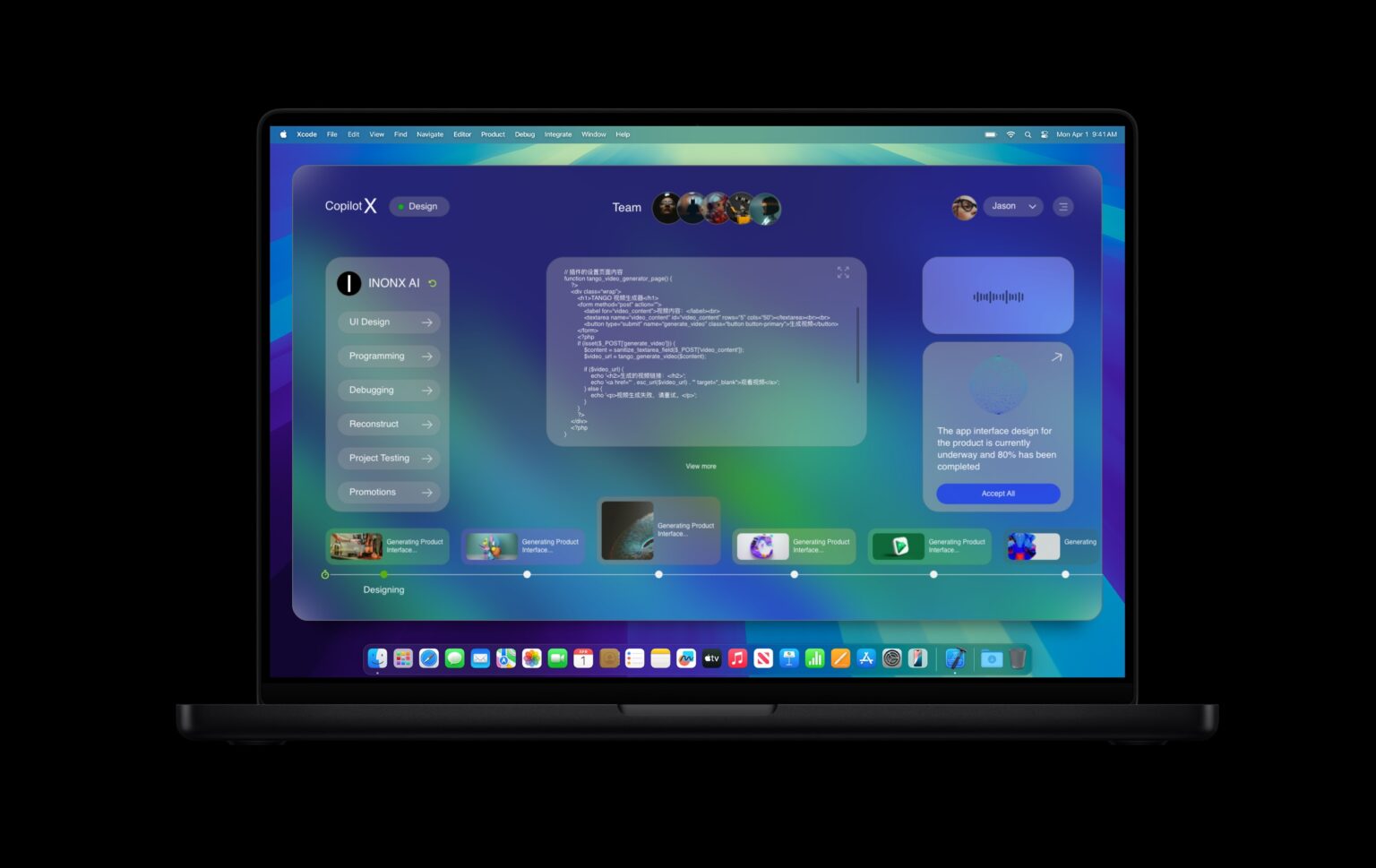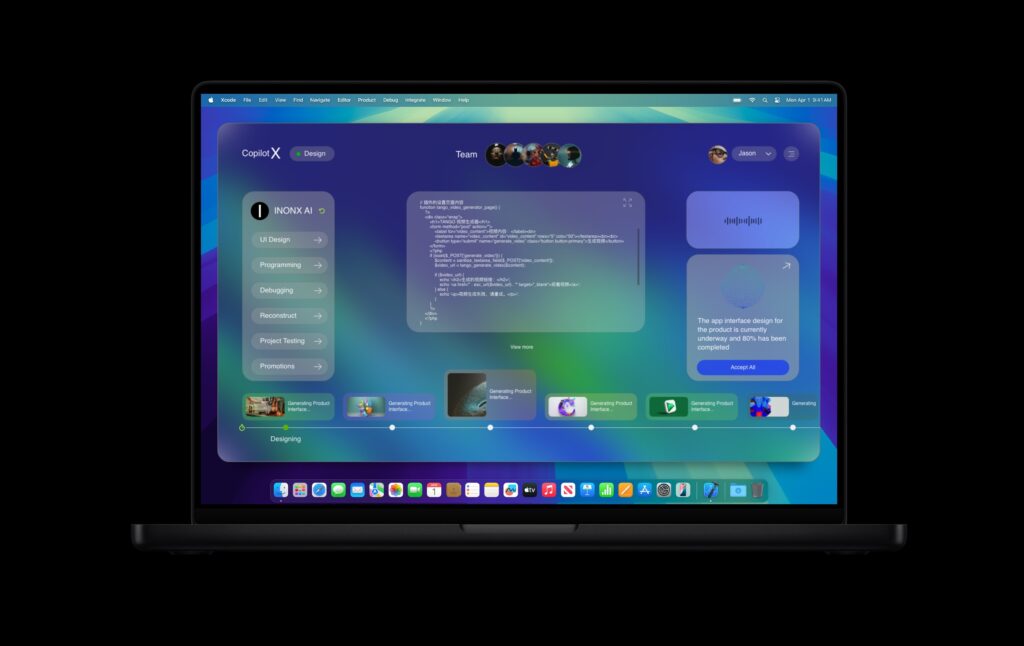In the rapidly evolving landscape of artificial intelligence (AI), intelligent agents have emerged as a pivotal technology, enabling organizations to make data-driven decisions and streamline task orchestration. This article delves into the latest trends, industry applications, and technical insights surrounding intelligent agents, highlighting their transformative impact across various sectors.
.
**Understanding Intelligent Agents: The Backbone of AI Solutions**
Intelligent agents are autonomous entities that perceive their environment and take actions to achieve specific goals. They leverage machine learning, natural language processing, and other AI technologies to analyze data, learn from experiences, and adapt to changing conditions. By integrating intelligent agents into business processes, organizations can enhance efficiency, improve decision-making, and drive innovation.
.
**The Role of AI in Data-Driven Decision Making**
Data-driven decision-making is essential for organizations seeking to maintain a competitive edge in today’s data-centric world. Intelligent agents play a crucial role in this process by analyzing vast amounts of data and providing actionable insights. According to a report by McKinsey, companies that leverage data effectively are 23 times more likely to acquire customers, 6 times more likely to retain customers, and 19 times more likely to be profitable.
.
Intelligent agents can sift through structured and unstructured data, identifying patterns and trends that may not be immediately apparent to human analysts. For instance, in the finance sector, intelligent agents can analyze market data and economic indicators to provide investment recommendations. Similarly, in healthcare, they can process patient data to identify potential health risks and suggest preventative measures.
.
**AI Task Orchestration: Streamlining Business Processes**
Task orchestration refers to the coordination of tasks and workflows to optimize efficiency and productivity. Intelligent agents excel in this area by automating repetitive tasks, managing workflows, and facilitating communication between different systems and stakeholders. This capability is particularly valuable in industries where time-sensitive decisions are critical, such as logistics and supply chain management.
.
For example, intelligent agents can automate order processing in e-commerce, ensuring that inventory levels are accurately tracked and replenished in real-time. In manufacturing, they can oversee production schedules, monitor equipment performance, and predict maintenance needs, thereby reducing downtime and improving overall operational efficiency.
.
**Trends in Intelligent Agents and AI Integration**
The integration of intelligent agents into business processes is witnessing several key trends:
1. **Increased Adoption of Conversational AI**: Businesses are increasingly using intelligent agents in the form of chatbots and virtual assistants to enhance customer service and engagement. These agents can handle customer inquiries, provide product recommendations, and even facilitate transactions, all while learning from interactions to improve their responses over time.
2. **Enhanced Personalization**: Intelligent agents are being employed to deliver personalized experiences to users. By analyzing user behavior and preferences, these agents can tailor recommendations and content, significantly improving customer satisfaction and loyalty.
3. **Collaboration with Human Workers**: Rather than replacing human workers, intelligent agents are being designed to augment human capabilities. For instance, in the legal field, intelligent agents can assist lawyers by conducting legal research and analyzing case law, allowing them to focus on more complex tasks that require human judgment.
4. **Ethical AI Development**: As intelligent agents become more prevalent, there is a growing emphasis on developing ethical AI systems. Organizations are prioritizing transparency, fairness, and accountability in their AI initiatives to ensure that intelligent agents operate in a manner that aligns with societal values.
.
**Industry Applications of Intelligent Agents**
Intelligent agents are being deployed across various industries, each leveraging their capabilities to address specific challenges:
– **Healthcare**: Intelligent agents are revolutionizing patient care by analyzing medical records, predicting patient outcomes, and recommending treatment plans. They can also assist in administrative tasks, such as scheduling appointments and managing billing.
– **Finance**: In the finance sector, intelligent agents are used for fraud detection, risk assessment, and investment analysis. They can analyze market trends and provide real-time insights to traders and investors, enabling more informed decision-making.
– **Retail**: Retailers are utilizing intelligent agents to optimize inventory management, enhance customer service, and personalize marketing efforts. By analyzing customer data, these agents can predict demand and recommend products, improving sales and customer satisfaction.
– **Manufacturing**: Intelligent agents are employed in manufacturing to monitor production processes, predict equipment failures, and optimize supply chains. By analyzing data from sensors and machines, they can identify inefficiencies and recommend improvements.
.
**Technical Insights: Building Intelligent Agents**
Developing intelligent agents involves several key technical components:
1. **Machine Learning Algorithms**: Intelligent agents rely on machine learning algorithms to analyze data and make predictions. Techniques such as supervised learning, unsupervised learning, and reinforcement learning are commonly used to train these agents.
2. **Natural Language Processing (NLP)**: For intelligent agents that interact with humans, NLP is essential for understanding and generating human language. This technology enables agents to comprehend user queries, respond appropriately, and engage in meaningful conversations.
3. **Integration with Existing Systems**: Intelligent agents must be able to integrate seamlessly with existing business systems and workflows. This often involves using APIs and middleware to facilitate communication between different software applications.
4. **Data Security and Privacy**: As intelligent agents handle sensitive data, ensuring data security and privacy is paramount. Organizations must implement robust security measures and comply with regulations such as GDPR to protect user information.
.
**Case Study: Intelligent Agents in Action**
A notable example of intelligent agents in action is the implementation of AI-driven chatbots in customer service at a leading telecommunications company. The company faced challenges with high call volumes and long wait times, leading to customer dissatisfaction. By deploying intelligent chatbots, the company was able to automate responses to common inquiries, such as billing questions and service outages.
The chatbots utilized natural language processing to understand customer queries and provide instant responses. As a result, the company saw a 30% reduction in call volume, allowing human agents to focus on more complex issues. Customer satisfaction scores improved significantly, demonstrating the effectiveness of intelligent agents in enhancing service delivery.
.
**Conclusion: The Future of Intelligent Agents in Business**
As organizations continue to embrace digital transformation, the role of intelligent agents will only grow in significance. By enabling data-driven decision-making and streamlining task orchestration, these agents are poised to revolutionize how businesses operate. The ongoing advancements in AI technologies, coupled with a focus on ethical development, will ensure that intelligent agents remain a vital component of the future workforce.
In summary, intelligent agents are not just a technological trend; they represent a fundamental shift in how organizations leverage data and automate processes. As businesses increasingly recognize the value of these agents, their applications will expand, driving innovation and improving operational efficiency across industries.
.
**Sources:**
1. McKinsey & Company. (2021). “The State of AI in 2021.”
2. Gartner. (2022). “Top Strategic Technology Trends for 2022.”
3. Deloitte. (2023). “AI and the Future of Work: The Impact of Intelligent Agents.”
4. Forrester Research. (2022). “The Rise of Conversational AI in Customer Experience.”

























